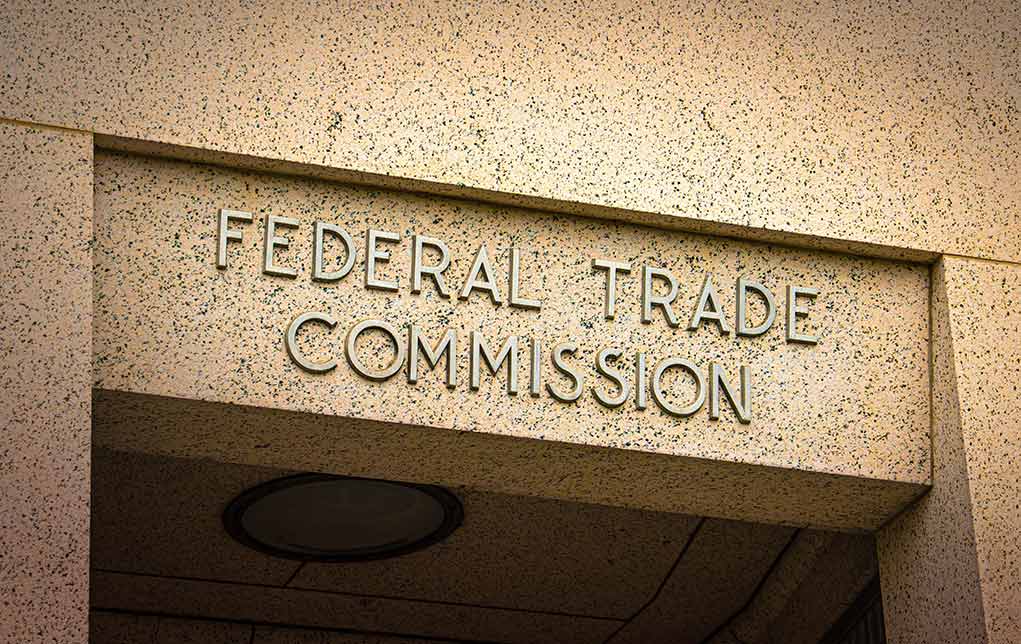
Publishers Clearing House is forced to pay $18.5 million in refunds after the Federal Trade Commission exposed their deceptive tactics designed to trick Americans into believing purchases would increase their chances of winning sweepstakes.
Key Takeaways
- The FTC is distributing over $18 million in refunds to nearly 282,000 consumers misled by Publishers Clearing House’s deceptive marketing practices
- PCH falsely implied that purchasing products was necessary to enter or would improve chances of winning sweepstakes, particularly targeting older and lower-income Americans
- Despite filing for bankruptcy earlier this year, PCH must pay the full $18.5 million settlement and change its misleading sales tactics
- The company used “dark patterns” including misleading email subject lines and hidden fees to trick consumers into making purchases
- Refund checks were mailed on April 30, 2025, and recipients should cash them within 90 days
Deceptive Practices Exposed
The Federal Trade Commission has uncovered a pattern of deception at Publishers Clearing House (PCH), the well-known sweepstakes company that many Americans have trusted for decades. After an extensive investigation, regulators found that PCH deliberately misled consumers, particularly targeting vulnerable older and lower-income Americans, with tactics designed to boost sales while creating false impressions about their famous prize drawings. The company employed numerous misleading tactics that violated consumer protection laws and exploited Americans’ hopes of winning life-changing sums of money.
The FTC accused the company of “deceiving them into thinking either that consumers could not enter into sweepstakes without purchasing a product or that their chances of winning would be increased by purchasing products,” said the Federal Trade Commission.
PCH employed sophisticated “dark patterns” – deceptive design elements used to manipulate consumers – throughout their marketing. Their emails featured misleading subject lines resembling official documents to boost open rates, while web pages strategically implied connections between purchases and prize opportunities. The company even advertised certain purchases as “risk-free” according to the FTC, yet required customers to return products at their own expense for refunds and hid additional costs like shipping and handling fees until late in the checkout process.
Millions in Refunds Reaching Victims
As part of a June 2023 settlement, the FTC is now distributing over $18 million to 281,724 Americans who purchased products through Publishers Clearing House’s deceptive emails. These refund checks were mailed beginning April 30, 2025, providing some financial relief to consumers who were misled by the company’s tactics. Recipients don’t need to take any additional actions to receive their refunds, but they should cash their checks within 90 days. The FTC emphasizes that it never requires payment or account information for consumers to receive refunds.
“While we disagreed with the FTC’s assertions at the time, we were glad to have resolved the matter and move forward continuing to do what we do best—provide consumers fun entertainment and games powered by our famous chance to win,” said PCH Vice President for Consumer Affairs Chris Irving.
This refund program is part of a broader FTC effort that returned over $338 million to consumers nationwide in 2024 alone. Consumers with questions about the refund process can contact Rust Consulting at 888-516-0774 or email [email protected] for assistance. Consumers who believe they may be eligible but haven’t received a check can verify their status through these channels.
Bankruptcy and Business Transformation
Despite its legal troubles, PCH isn’t disappearing. The company filed for Chapter 11 bankruptcy protection earlier this year, but plans to continue operating and awarding sweepstakes prizes while restructuring its business. This bankruptcy filing comes as the company attempts to transition from its traditional direct mail and retail campaigns to a digital advertising business model, reflecting the changing media landscape and consumer habits. While the settlement requires significant changes to PCH’s business practices, the iconic prize patrol isn’t going away completely.
The 2023 settlement forces PCH to make substantial changes to its operations. The company must now clearly separate sweepstakes entries from sales pitches, disclose all costs upfront including shipping fees, and destroy consumer data collected before January 2019. PCH must also maintain records of user-experience studies to prevent future implementation of deceptive “dark patterns.” These requirements signal the FTC’s increasing focus on digital marketing tactics that mislead consumers through manipulative design.
Protecting Yourself from Sweepstakes Scams
The FTC’s action against Publishers Clearing House serves as a reminder for consumers to remain vigilant about sweepstakes offers. Legitimate sweepstakes never require purchases to enter or improve winning chances – this is a fundamental consumer protection under federal law. Consumers should be wary of any contest that suggests otherwise. Additionally, the FTC warns that scammers frequently impersonate legitimate companies like PCH to trick people into paying fees or taxes to claim non-existent prizes.
The FTC urges consumers to report suspected fraud at ReportFraud.ftc.gov and to learn more about their rights at consumer.ftc.gov. President Trump’s administration has prioritized protecting vulnerable Americans from deceptive business practices, particularly those targeting seniors and lower-income individuals. This case demonstrates how government oversight can provide tangible benefits to Americans harmed by corporate deception while forcing companies to compete fairly in the marketplace.




